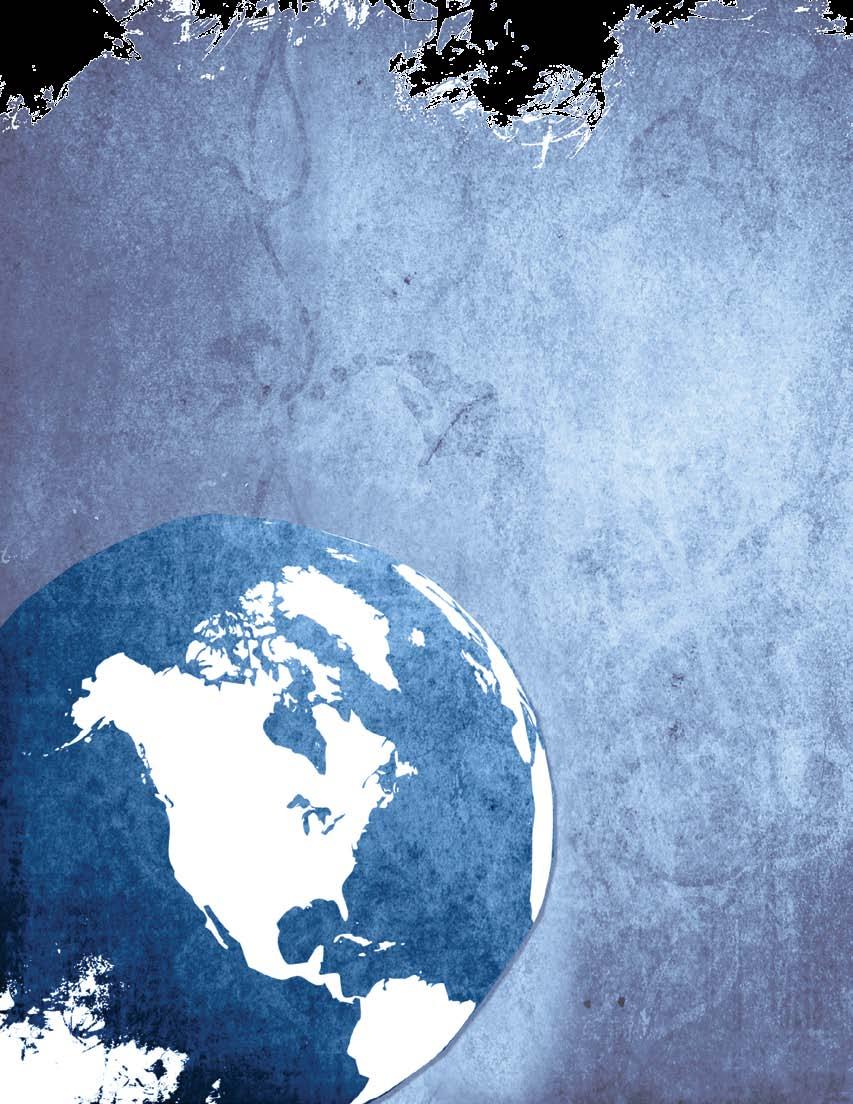Zikaron Hero: Elie Wiesel Elie Wiesel’s statement, “...to remain silent and indifferent is the greatest sin of all...” is a perfect outline of his views on life and is at the center of his work. Elie Wiesel is the author of fiftyseven books dealing with Judaism and the Holocaust, the best known of which is Night. It is a memoir that describes his experiences during the Holocaust and his imprisonment in several concentration camps.
Paris, France. He taught Hebrew and worked as a choirmaster. Then he became a professional journalist. For ten years after the war Wiesel refused to write about or discuss his experiences during the Holocaust. Eventually Wiesel wrote a short autobiographical manuscript in French, La Nuit, which was later translated into English as Night. Night started out as a failure. It sold just 1,046 copies during its first eighteen months. But it attracted interest from reviewers, leading to television interviews with Wiesel. “The first printing was three thousand copies,” Wiesel said, “And it took three years to sell them. Now I get a hundred letters a month from children about the book. And there are many, many million copies in print.” On January 16, 2006, Oprah Winfrey chose the novel for her book club. One million extra paperback and 150,000 hardcover copies were printed.
Childhood Elie Wiesel was born on September 30, 1928 in a little town called Sighet, Transylvania (in Romania), to Chlomo and Sarah Wiesel. Chlomo was an Orthodox Jew and a shopkeeper who ran a grocery store. It was Chlomo who gave his son a strong sense of humanity, encouraging him to learn modern Hebrew and to read literature. His mother encouraged him to study Torah and Kabbalah.
In the United States In 1955 Wiesel moved to New York City as a U.S. citizen. He was awarded the Nobel Peace Prize in 1986 for speaking out against violence, repression and racism. Wiesel and his wife Marion started the Elie Wiesel Foundation for Humanity. He served as chairman of the Presidential Commission on the Holocaust, which became the U.S. Holocaust Memorial Council.
On May 16, 1944, the Nazis deported the Jewish community of Sighet to Auschwitz-Birkenau. Wiesel was fifteen. While he was at Auschwitz, the number A-7713 was tattooed on his left arm. He was separated from his mother and sister. Wiesel and his father were sent to the attached work camp Buna-Werke. He and his father were forced to work under horrible conditions and moved between concentration camps. Just a few weeks after the two were marched to Buchenwald, Wiesel’s father was murdered by the Nazis. It was only months before the camp was liberated.
Not only is Wiesel one of the most important voices in the zikaron, memory, of the Holocaust, but he has turned that memory into advocacy for many causes: Israel, Soviet and Ethiopian Jews, the victims of apartheid in South Africa, Argentina’s desaparecidos (disapeared), Bosnian victims of genocide in the former Yugoslavia, Nicaragua’s Miskito Indians and the Kurds. You can add to that list speaking out for victims in Darfur.
After the War After the war Wiesel was placed in a French orphanage, where he was reunited with his older sisters, Hilda and Bea. In 1948 he studied philosophy at the Sorbonne, a famous university in
Wiesel was awarded the Nobel Peace Prize in 1986. The Nobel Committee called him a “messenger to mankind.” 31




































